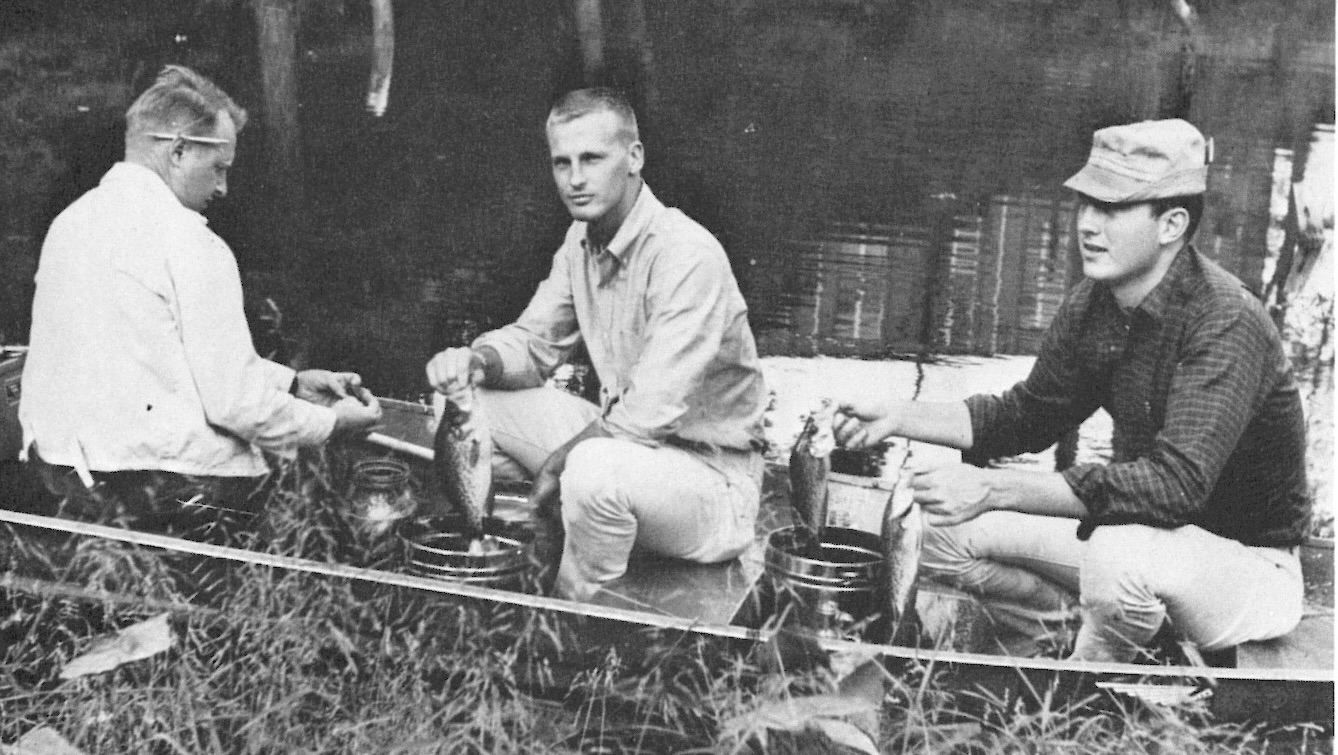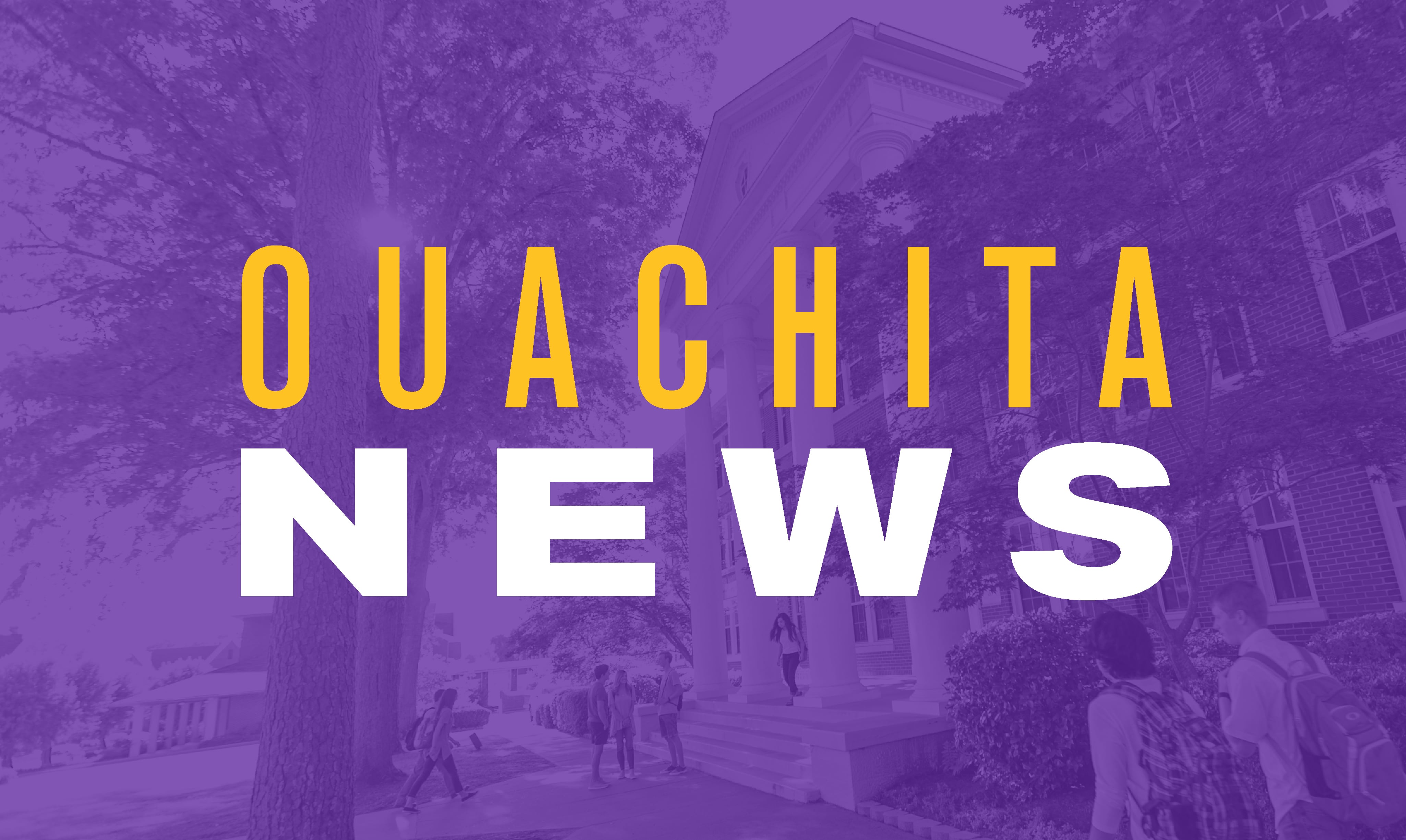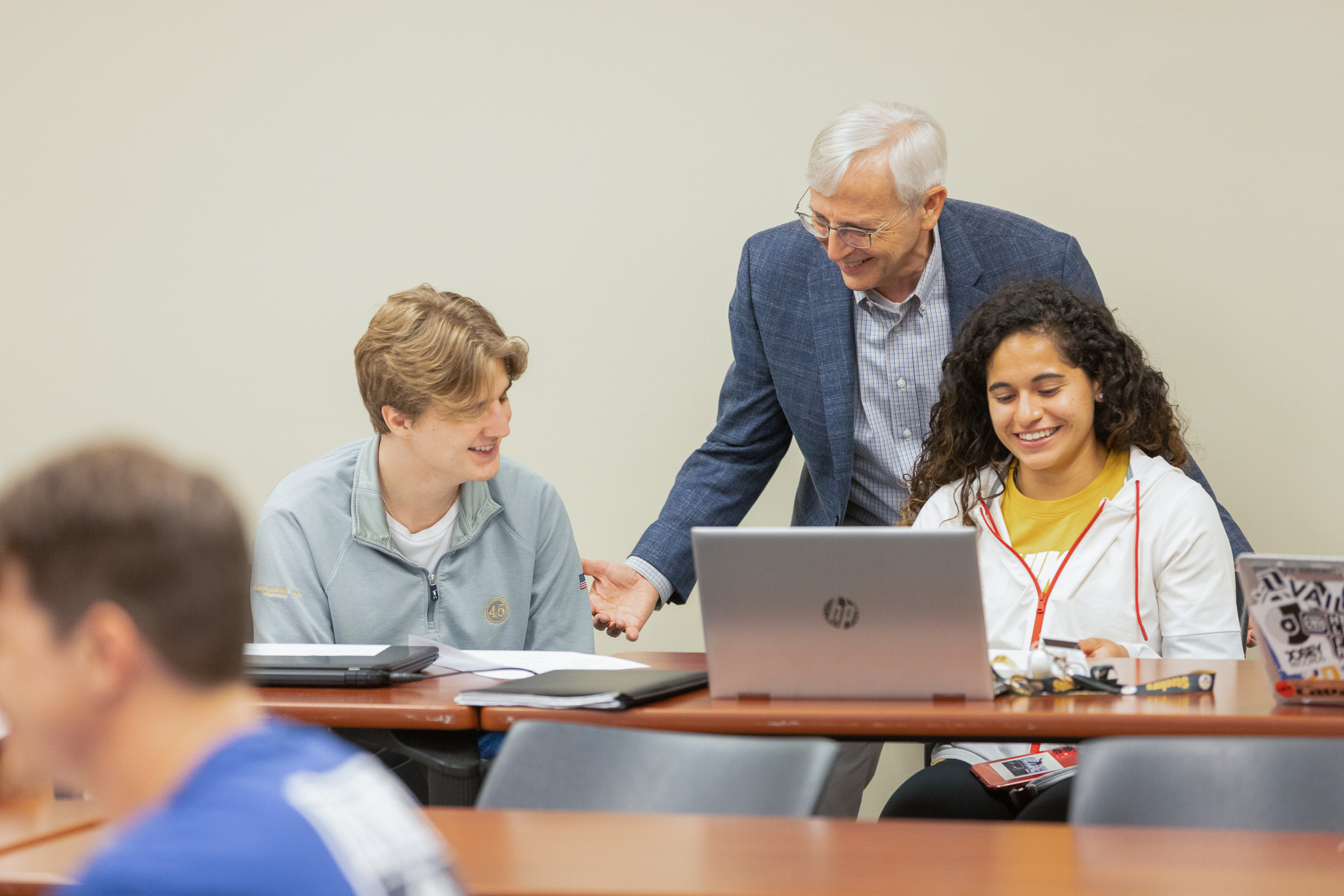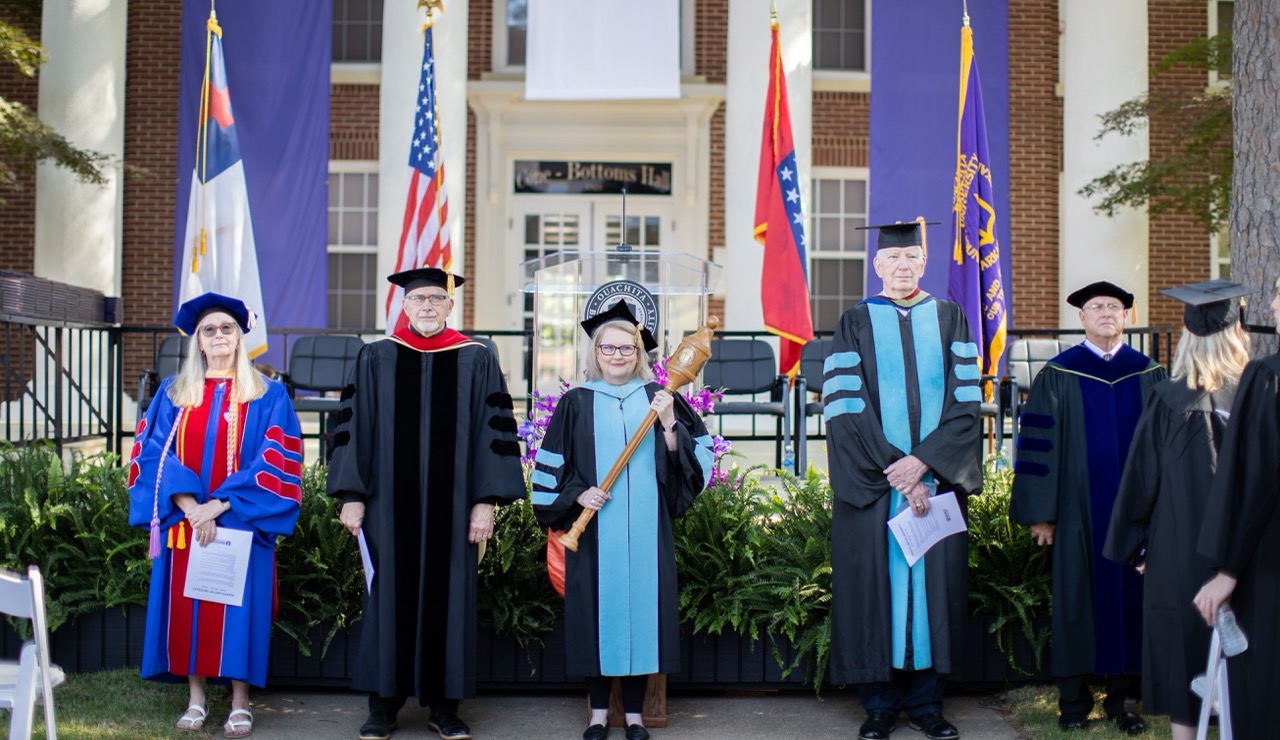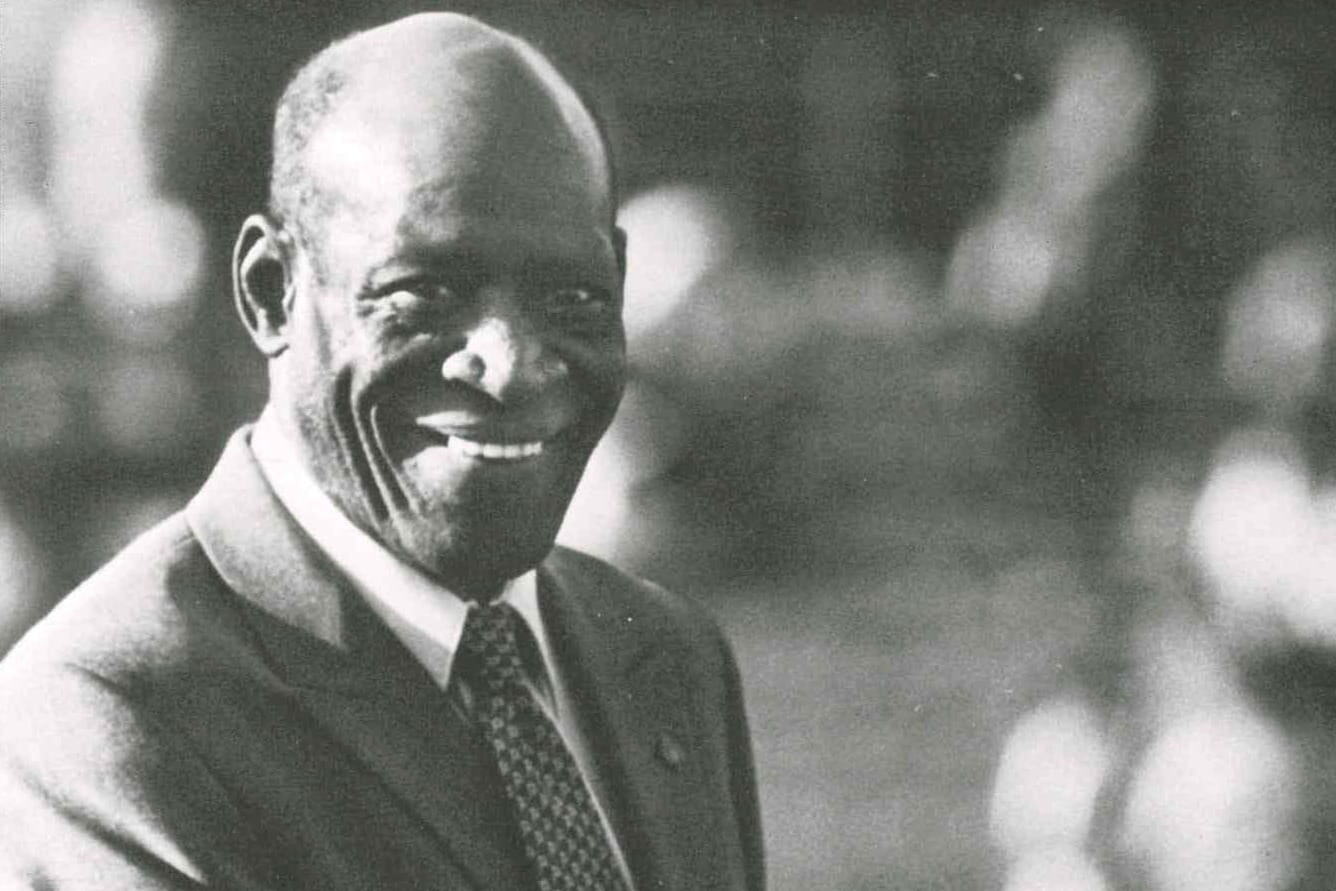Senior Chassidy Barnes authors paper in "Journal of Microbiology & Biology Education" and creates bi-lingual tutorial videos
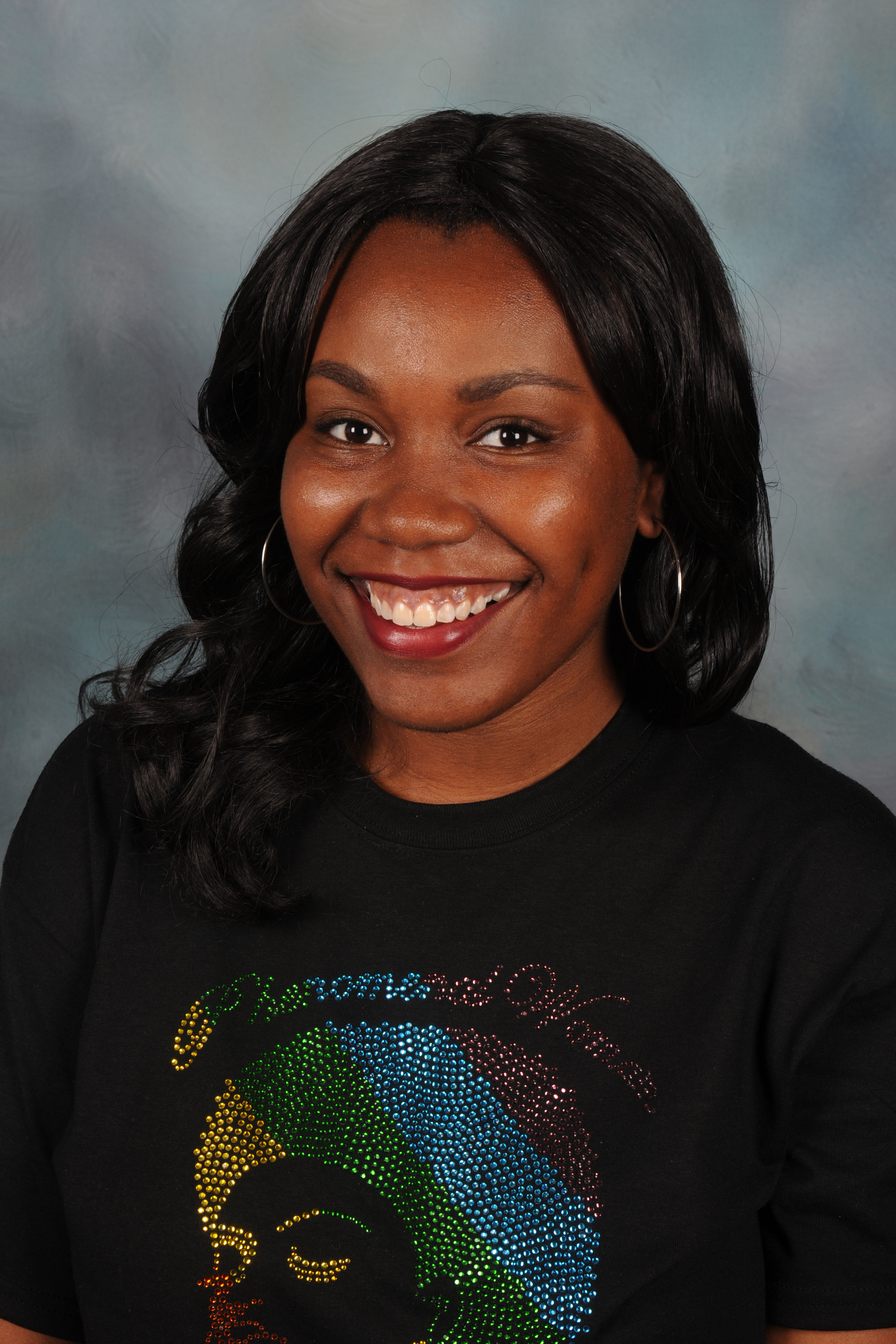
Chassidy Barnes
Ouachita Baptist University’s Chassidy Barnes, a senior biology major from Little Rock, Ark., is the lead scientist on a collaborative scholarly paper titled “Gene Expression and Data Analysis Pipeline Using Cancer BioPortal in the Classroom” published this month by the Journal of Microbiology & Biology Education (JMBE), a national peer-reviewed science education journal. Barnes also created video tutorials explaining her research, which already have been utilized in coursework by four American universities and the Inter-American University of Puerto Rico at Aguadilla.
As a result of COVID-19, Barnes was unable to complete her Research Experience for Undergraduates (REU) this summer at the University of Arkansas, which was to include research in Thailand. Instead, she worked with Dr. Nathan Reyna, associate professor of biology at Ouachita, on an online data analysis project using Cancer BioPortal (cBioPortal), an interactive database that contains clinical sample data from over 15,000 patients.
In addition to her work with Reyna, Barnes collaborated on the paper with faculty at the University of Arkansas – Fayetteville, University of Arkansas at Little Rock and Jacksonville State University in Alabama.
“I am so happy I was able to do this during the pandemic,” Barnes said. “This is definitely a huge accomplishment that I am proud of!”
“It is extremely rare for an undergraduate to be the first, or lead, author on these types of articles,” Reyna explained. “This is something that will be relevant on Chassidy’s resume for the rest of her career as a scientist.
“People often think undergraduates cannot do this caliber of work. However, at Ouachita, we have a history of incorporating students into our projects,” Reyna continued. “Students learn to think like a scientist in the classroom, and, as a result, we treat them as scientists in the research lab.”
Barnes’ said her summer project focused on “developing a pipeline of analysis for using Cancer BioPortal, specifically focusing on mutated genes common to both breast and liver cancer and the roles they could potentially play in the process of metastasis.”
“I knew about the [cBioPortal] database, but I had no idea how to use it,” Reyna said. “She spent the summer learning to use the software to mine data related to cancer genomics and attended weekly meetings with my in-person research lab.”
Along with her research, Barnes developed videos explaining how to navigate the portal, conduct a query and the data that can be generated. These videos were later translated into Spanish to engage individuals in science, technology, engineering and mathematics (STEM), an effort known as inclusive science communication and grounded in equity, inclusion and intersectionality.
“A colleague of mine teaches at the Inter-American University of Puerto Rico at Aguadilla,” Reyna explained. “A student in her lab translated Chassidy's work into Spanish, and they are using it in two separate classes this semester with about 25 to 30 students.”
“I think by having the videos in Spanish this will help make my research useful cross-culturally,” Barnes said. “The idea to make videos came after I watched the tutorials provided by the portal. They were long and just time-consuming to watch. Therefore, I wanted to make videos that were short and sweet but were still useful for those learning to use the portal.”
“At Ouachita, we have used her videos in Histology and Cell Biology,” said Reyna. “In Fall 2020, about 103 students at four institutions used her project. This semester, I estimate another 50 to 60 students are using her ideas at four more schools. This number will drastically increase once her paper is officially published.”
Aside from Barnes’ work being recognized in the JMBE, it is also being publicized by the Cell Biology Education Consortium (CBEC), a national group working on incorporating cell culture research into the classroom.
“The CBEC started at Ouachita but now has 175 institutional members,” Reyna said. “There is a need for virtual class projects that utilize authentic research. Once her work is officially released, it will reach a substantial national audience.”
“I never realized how impactful my research would be and am even more elated to be a lead author on the paper,” Barnes said.
For more information, contact Dr. Nathan Reyna at [email protected] or 870-245-5240. To read Barnes’ collaborative research paper, visit the National Center for Biotechnology Information website. View the cBioPortal video tutorials on YouTube.
You Also Might Like
Recent
Ouachita reports Spring '26 enrollment, led by 50% increase in graduate students
February 11, 2026